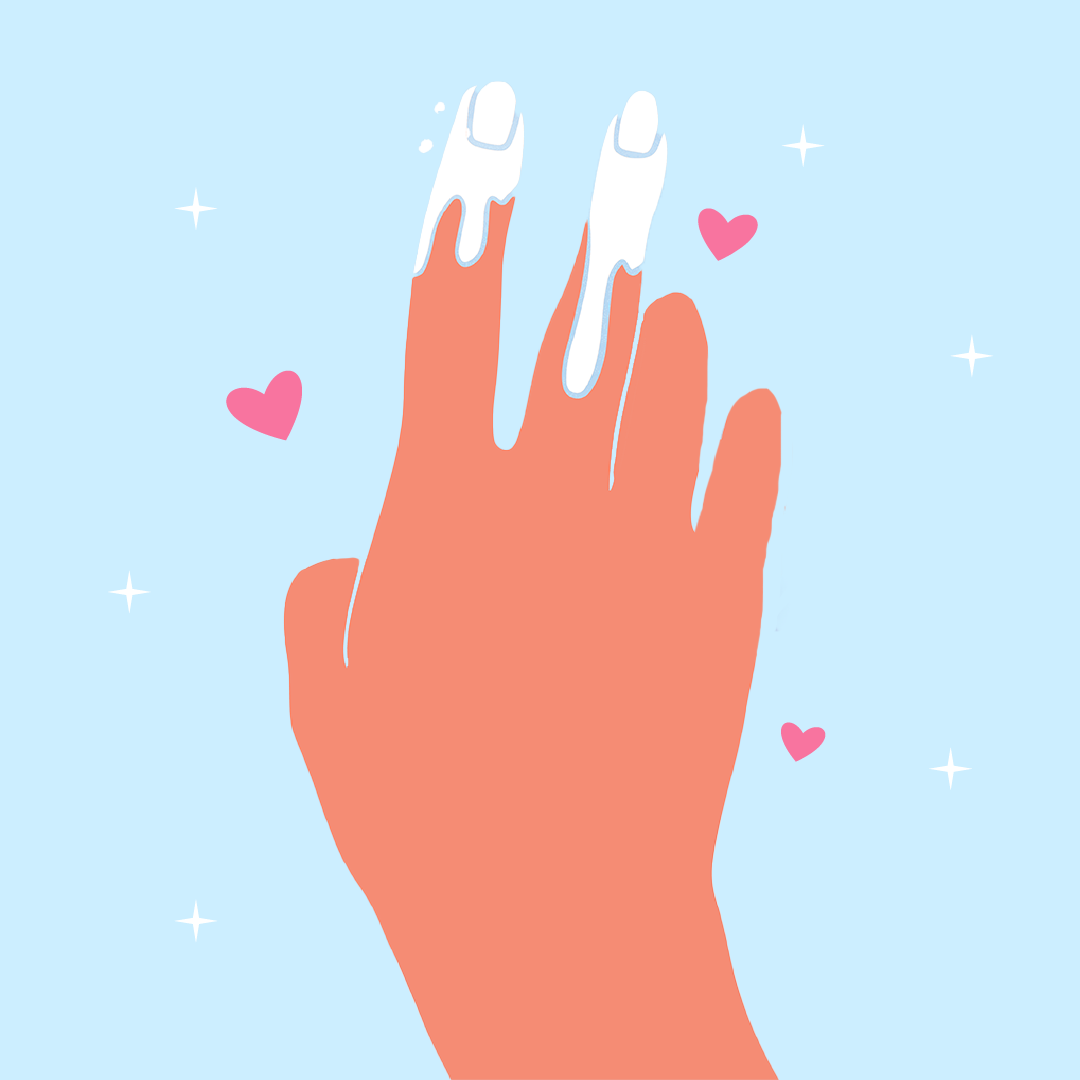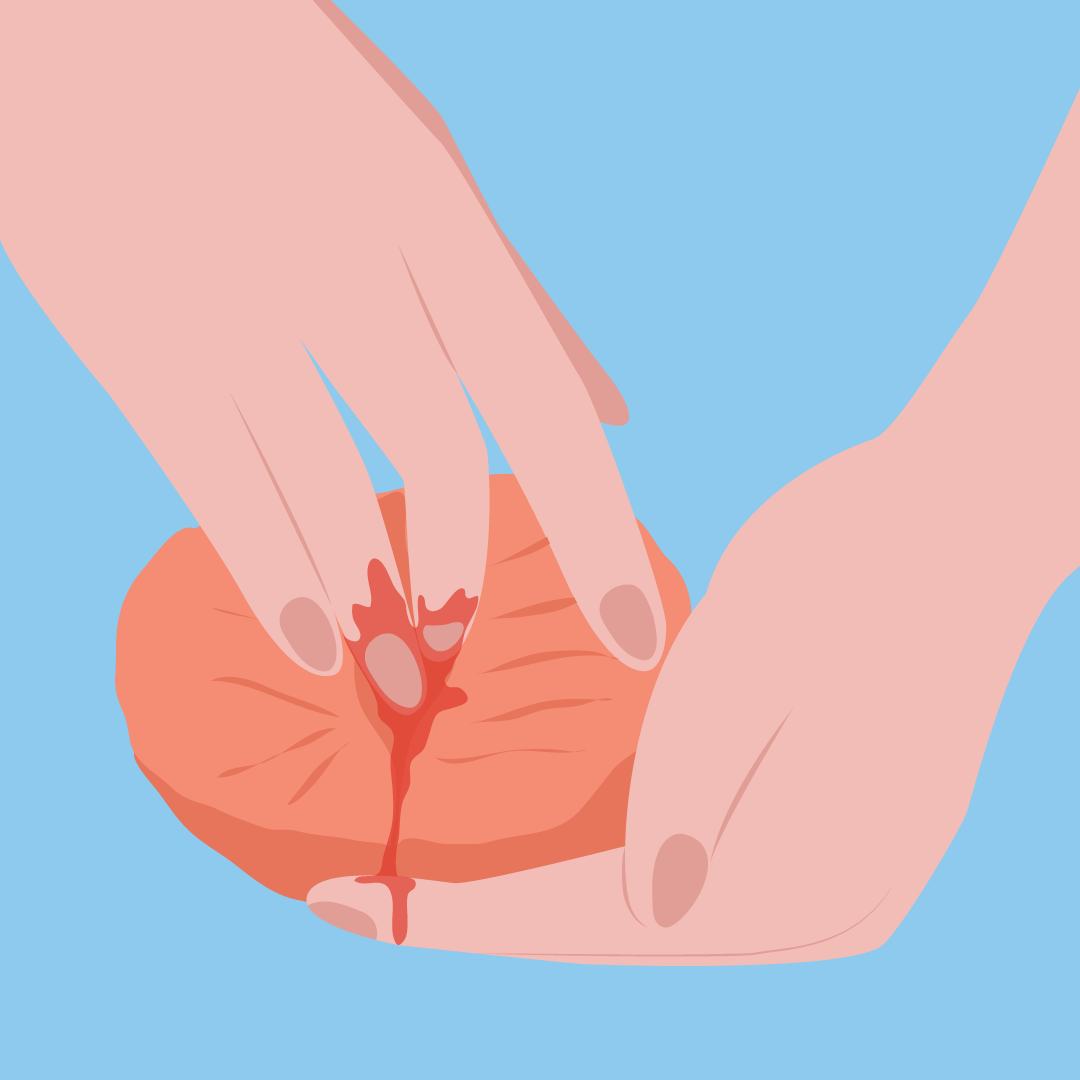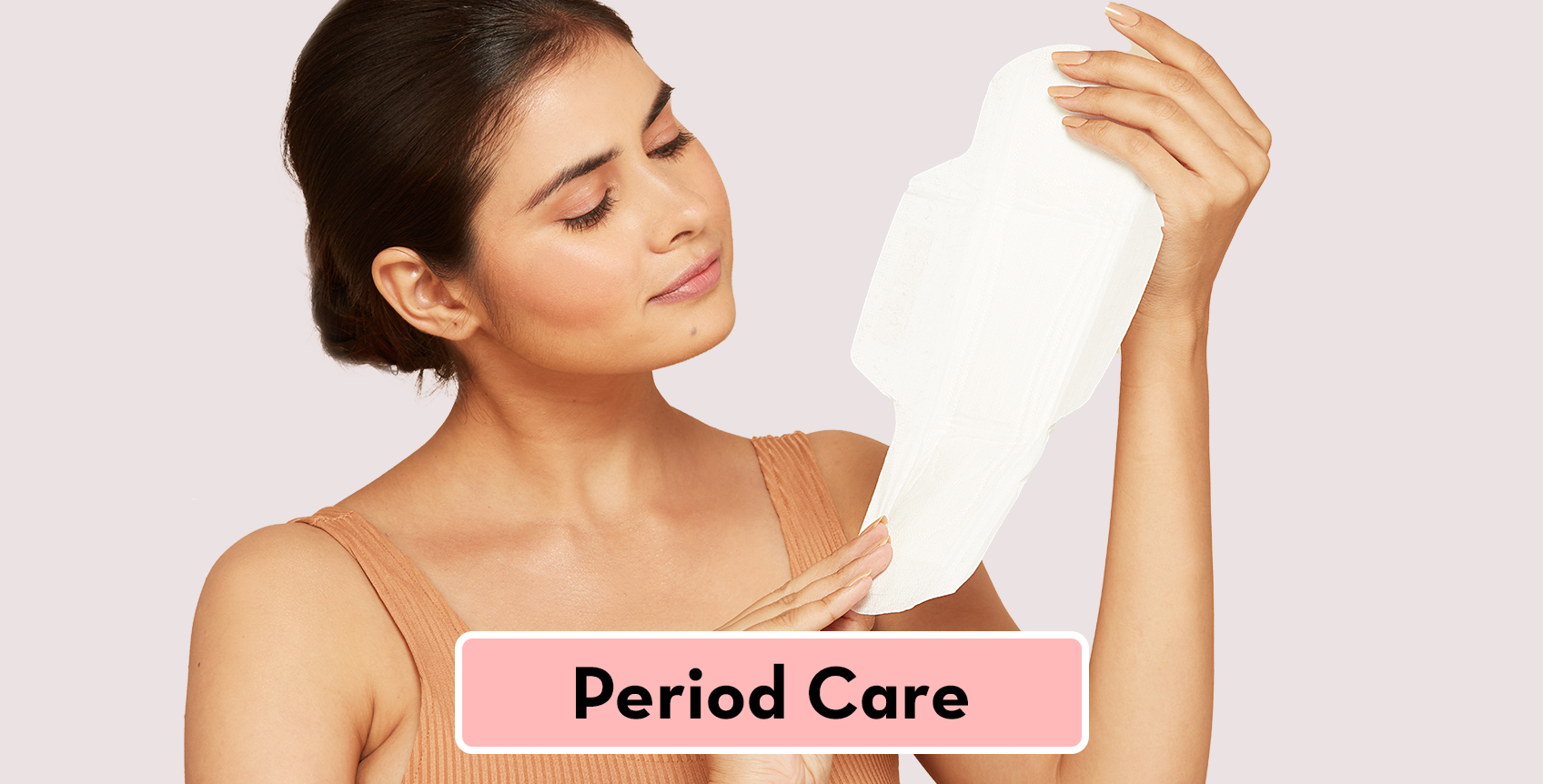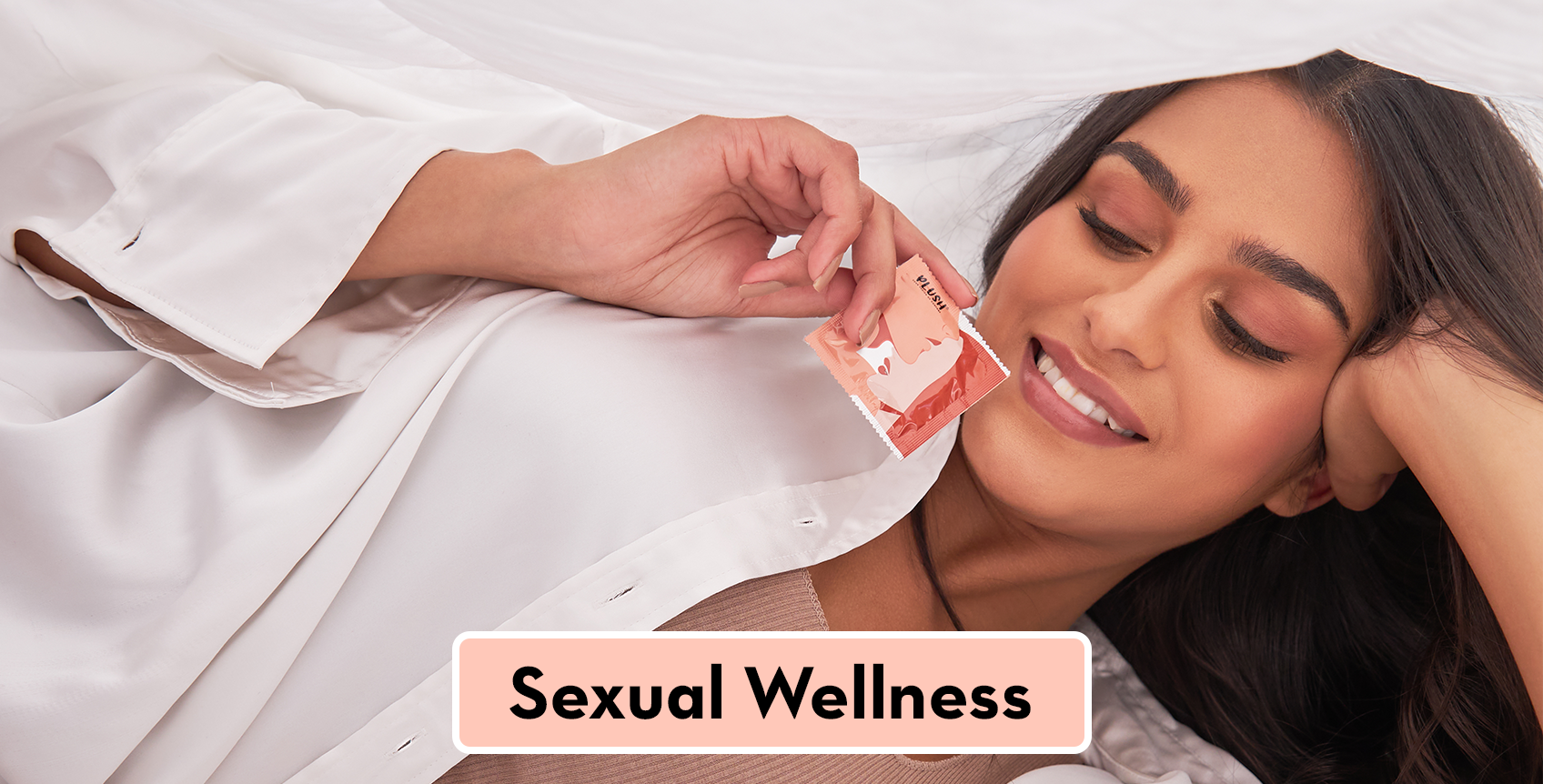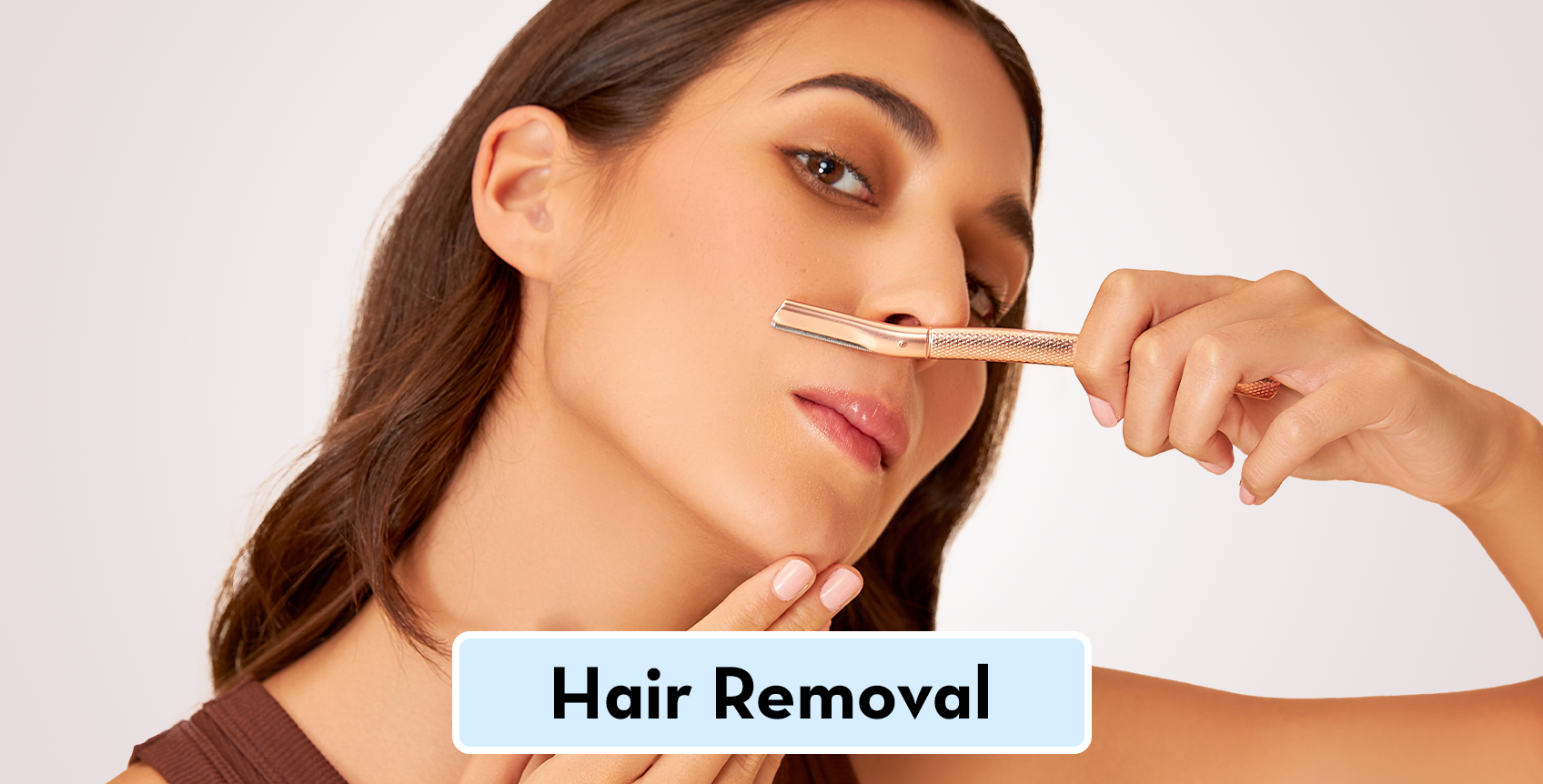The Role of Hormones in Sexual Desire
Have you ever wondered what fuels that spark of desire, that sudden rush of attraction, or the butterflies in your stomach when you see someone you’re attracted to? The answer lies within us—quite literally—in the form of hormones. These hormones play a significant role in our sexual desire, influencing everything from mood to attraction. Let’s dive into the fascinating world of hormones and how they shape our sexual desires
Hormones 101: The Basics
Hormones are like the body's internal communication system. Produced by glands, they travel through our bloodstream to tissues and organs, telling them what to do and when to do it. When it comes to sexual desire, several key players step into the spotlight:
- Testosterone: Often known as “sex hormone,” testosterone is important for libido in both men and women. While men typically have higher levels, women also produce it, albeit in smaller amounts. It’s responsible for driving sexual desire, increasing energy levels, and even influencing mood.
- Estrogen: Primarily known as a female hormone, estrogen also plays a role in sexual desire. It helps maintain vaginal health, which can affect comfort and enjoyment during sex. In men, estrogen is present in smaller quantities but still contributes to sexual function.
- Progesterone: This hormone works alongside estrogen and can have a calming effect on the body. However, high levels of progesterone can sometimes dampen sexual desire.
- Oxytocin: Often referred to as the “love hormone,” oxytocin is released during physical touch, orgasm, and bonding activities. It promotes feelings of closeness and intimacy, enhancing sexual desire and connection with a partner.

The Dance of Desire: How Hormones Influence Us
Our sexual desire is not a constant; it ebbs and flows due to various factors, many of which are influenced by hormones. Here’s a closer look at how they work their magic (or sometimes mischief):
- Puberty and Adolescence: During puberty, hormonal changes trigger the development of sexual characteristics and an increase in sexual desire. Testosterone and estrogen levels surge, awakening a newfound interest in sex and attraction.
- Menstrual Cycle: In women, the menstrual cycle is a hormonal roller coaster. Estrogen levels rise before ovulation, often leading to an increase in libido. After ovulation, progesterone takes the lead, which can sometimes reduce sexual desire.
- Pregnancy and Postpartum: Hormonal shifts during pregnancy can either boost or diminish sexual desire. During postpartum, the body undergoes significant hormonal changes as it recovers, which can affect libido. Oxytocin plays a vital role in bonding with the baby and can also enhance feelings of love and intimacy with a partner.
- Stress and Lifestyle: Hormones are sensitive to stress and lifestyle choices. High stress levels can lead to elevated cortisol (the stress hormone), which can negatively impact testosterone and estrogen levels, thereby reducing sexual desire. A healthy lifestyle with regular exercise, a balanced diet, and adequate sleep can help maintain hormonal balance and support a healthy libido.
Nurturing Your Hormonal Health
Understanding the role of hormones in sexual desire is just the beginning. Here are some tips to nurture your hormonal health and keep the flames of desire burning bright:
- Stay Active: Regular exercise helps maintain healthy hormone levels and boosts mood, energy, and libido.
- Eat Well: A balanced diet rich in fruits, vegetables, lean proteins, and healthy fats supports hormone production and overall health.
- Manage Stress: Practice stress-reducing techniques like meditation, yoga, or deep breathing exercises to keep cortisol levels in check. Managing stress effectively plays a significant role in supporting a healthy libido. Learn more about how stress impacts sexual wellness and effective strategies for managing it in our blog on Sexual Wellness During Times of Stress.
- Sleep Well: Adequate sleep is crucial for hormonal balance. Aim for 7-9 hours of quality sleep each night.
- Communicate: Open and honest communication with your partner about your desires and needs can enhance intimacy and sexual satisfaction.
By focusing on these areas, you can work toward achieving hormonal balance. But what does this balance mean for your sexual desire? Let’s explore how keeping your hormones in check can directly enhance your sexual experience.
Enhancing Sexual Desire Through Hormonal Balance
Achieving hormonal balance isn’t just about health—it’s also about improving your sexual experience. Here’s how balanced hormones can enhance your sexual desire and satisfaction:
- Increased Libido: Balanced hormones, especially testosterone and estrogen, can lead to an increased libido and more frequent desire for sexual intimacy.
- Improved Mood: Hormonal balance supports stable mood regulation, reducing mood swings and enhancing overall emotional well-being, which can positively impact sexual desire.
- Enhanced Physical Comfort: Proper hormone levels, particularly estrogen and progesterone in women, contribute to vaginal health and lubrication, making sexual experiences more comfortable and enjoyable.

Wrapping Up
Remember, it's important to recognize that sexual desire is a natural and dynamic aspect of human life, influenced significantly by hormonal balance. Hormones play an important role in regulating our sexual drive, and understanding this interplay can empower individuals to develop a satisfying and passionate love life. By prioritizing hormonal health through balanced lifestyle choices, adequate sleep, regular exercise, and a nutritious diet, you can positively impact your sexual well-being. Embrace this journey of understanding and celebrate the powerful role hormones play in nurturing and sustaining your sexual desire.
Leave a Message
This site is protected by reCAPTCHA and the Google Privacy Policy & Terms of Service apply.

